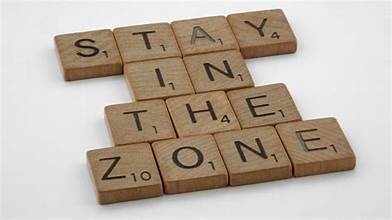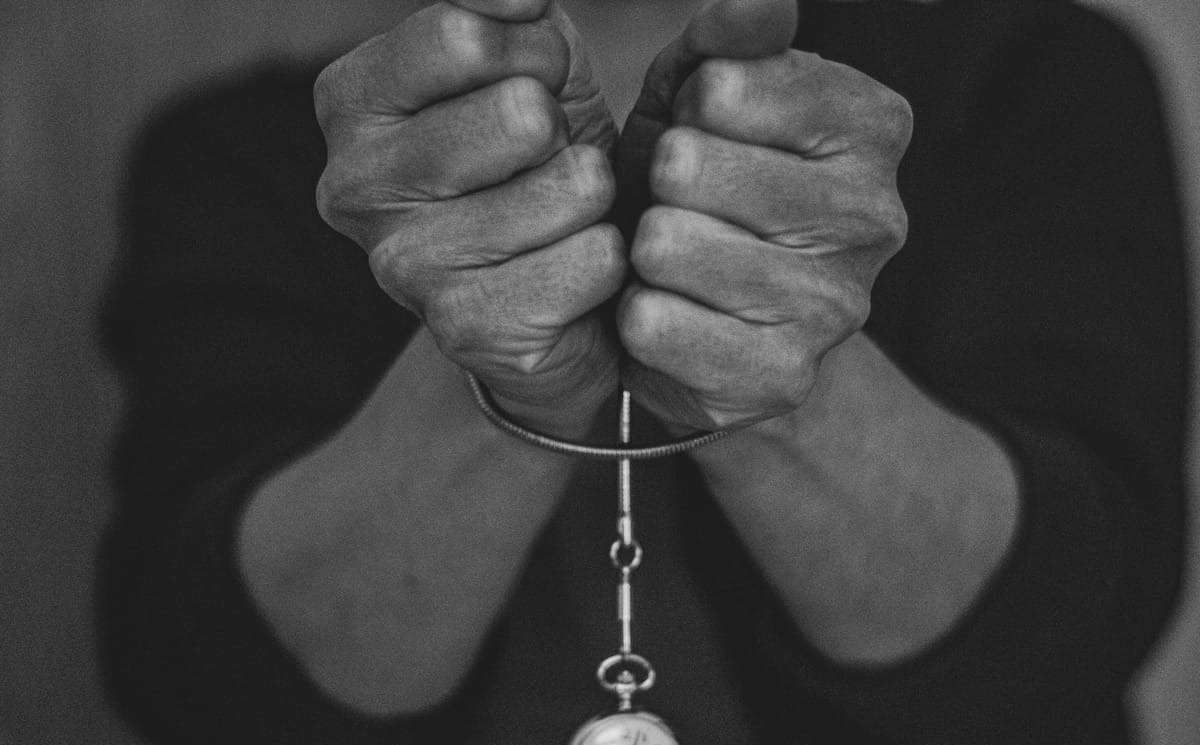Alcoholics Anonymous (AA) was founded on a very basic but effective idea: It was far easier for two alcoholics to stay sober together than it was for them to do so on their own. They took this realization, polished various details and made it widespread. There are many other aspects of AA including the Twelve Steps, (link below) different formats and structures for meetings, the principles and the “Big Book” which serves as a guidebook for sobriety. But the most important things that AA provides are fellowship and community.
I came to AA broken and lonely. My father’s public drunkenness and private abusiveness led to a deep sense of shame, anger and depression, conditions that I too self-medicated. I started at a young age and went progressively downhill. Ultimately, at age twenty-eight my life blew up. My addictions caused my divorce, custody issues and financial ruin. I felt stigmatized as a result.
My close friends were all alcoholics and addicts as well. I grew up in an alcoholic home and spent the majority of my time with other alcoholics and as well as drug users and drug dealers. I was steeped in an addictive culture that put a figurative veil before my eyes. I knew as I contemplated recovery that continuing to be around them would only lead to relapse and many of these former brothers in arms weren’t interested in a sober version of me anyway. I felt disenfranchised as a result. I no longer had a community or as people like to say nowadays “a tribe.”
So, in the early days of my sobriety I limped into AA. I went because I was told I had to if I wanted to be sober. I was highly anxious going at first (what will people think?!) but almost right away I was given acceptance and encouragement. AA was like an oasis of calm and understanding that didn’t exist elsewhere in my life. I was welcomed there. Immediately. I was understood as every person in the room had experienced a similar alcoholic story: I drank and loved it but my drinking got out of hand and became destructive and there were consequences. I am here to get better.
Another major benefit of AA for me was the wealth of experience I found there. There were people at meetings with decades of continuous sobriety. Given that I didn’t have much of a clue how to lead a sober life, didn’t it make sense for me to tap into the experience in AA? These people offered two integral things: experience and hope. There was this one older guy who would listen quietly throughout the meeting. Toward the end he would share a brief sentence or two. No bluster or ego just his thoughts expressed with quiet confidence and the authority born of his decades as a sober person. I listened carefully to what he had to say and looked forward to his words at every meeting where I found him. If other members in AA could be sober, maybe I could too?
Later as I started to put some time together I took suggestions from fellow AA members and got involved in the Twelve Steps, told my story and got a sponsor. All of these suggestions led to highly beneficial gains, particularly my sponsor who saw potential in me I was unable to see in myself. But the main benefit of AA and NA for me was the instant community that AA provided at a time in my life when I was lost and felt alone.
It is with this in mind that I recommend that my recovering clients attend self-help groups as well. Fellowship and community build resilience against relapse and often help solidify recovery. Today there are many options beyond AA and Narcotics Anonymous (NA). SMART Recovery and Refuge Recovery (links below) are two additional examples of self-help that have gained in popularity. Both of these programs take a different approach to recovery than AA and NA which are Higher Power or God-based. SMART Recovery takes a cognitive-behavioral approach positing that if we can change our thought patterns and distorted beliefs then we can change from addictive behavior to a life of sobriety. Refuge Recovery is Buddhist-based. Both programs may sit easier with individuals who struggle with the question of God or Higher Power.
Self-help groups are comprised of human beings and therefore are imperfect. Some members can be rigid in their approach to recovery and this rigidity can be a turnoff to newcomers. Atheists and agnostics can feel cowed by some members’ insistence on their individual reliance on God. I encourage newcomers to seek their own spirituality despite what has worked for others. I am and have been an agnostic for the full length of my forty years of consecutive recovery, so I know this focus can be sufficient for recovery. At the same time, I don’t oppose anybody else’s approach to the spiritual question. What works, works.
I encourage clients to find the programs and the individual meetings where they feel welcomed, supported and can gain the knowledge to support their recovery. Sometimes, the format of the meeting or even the program itself is less important than the individual members who are there. It is human connection that sustains us. I owe a huge debt of gratitude for what AA and NA did for me. I found fellowship and community at my lowest ebb and my recovery has benefitted me beyond even my most optimistic hopes.











Comments